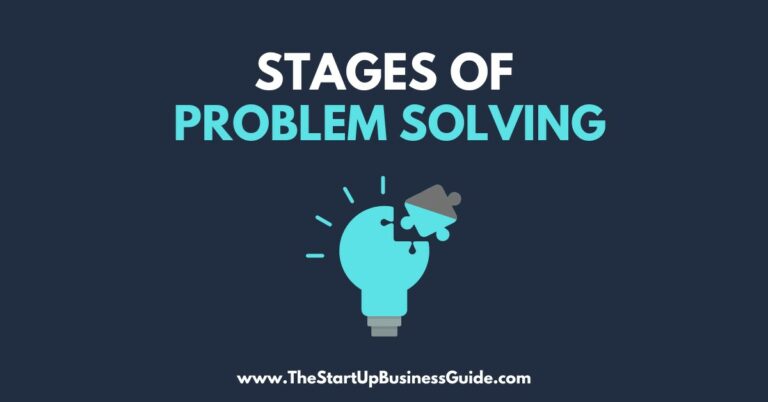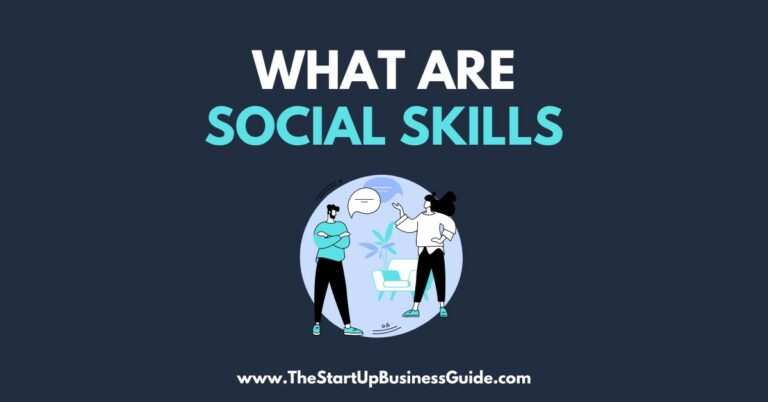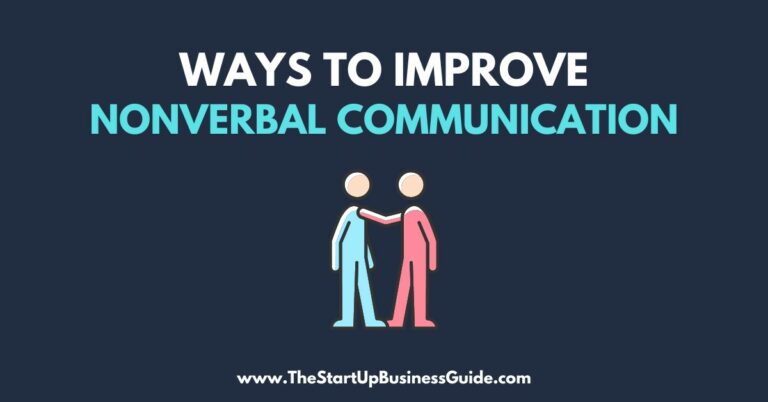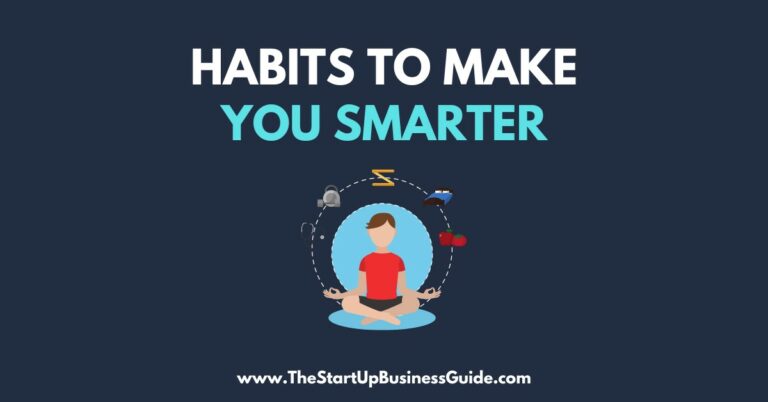20 Effective Ways for Improving Emotional Intelligence (EQ)
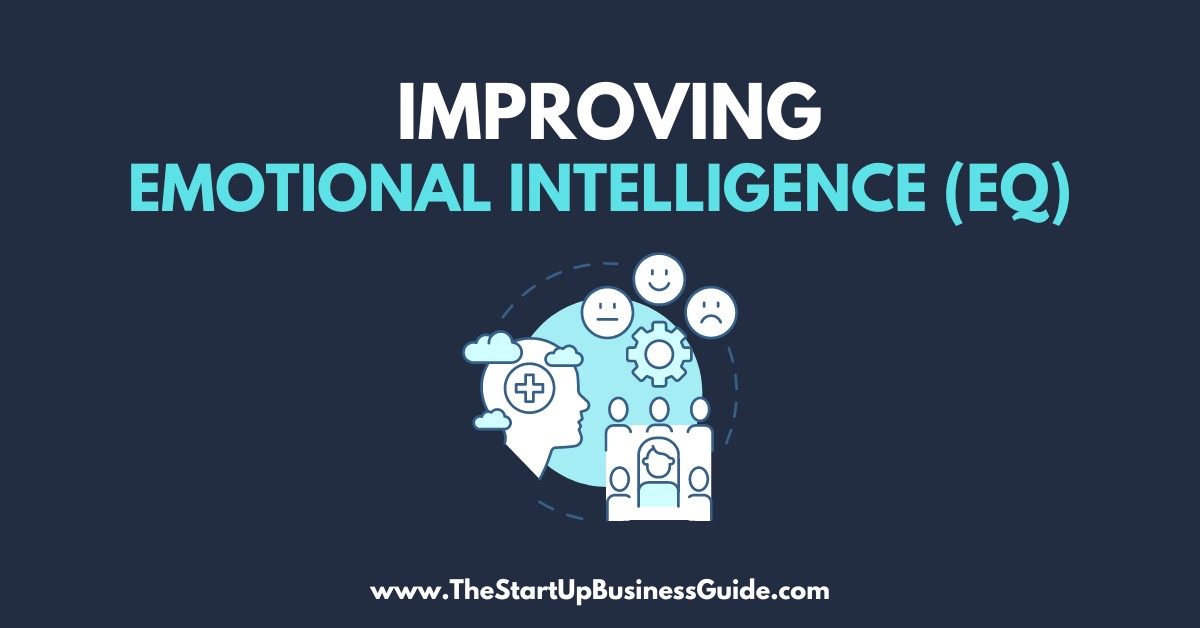
Emotional intelligence, or EQ, is the ability to understand and manage one’s own emotions, as well as the emotions of others.
It’s an essential skill for both personal and professional success, and one that can be improved with practice and effort.
In this blog post, we’ll discuss 20 effective ways to improve your EQ.
What is Emotional Intelligence?
EQ is the ability to recognize and label emotions in oneself and others, use emotions to guide thinking and behavior, and manage emotions to reduce their negative impact.
It also includes the ability to motivate oneself and others, understand the perspectives of others, read social cues and nonverbal communication, build and maintain relationships, and exhibit trustworthiness, integrity, adaptability, and transparency.
Ways to Improve Emotional Intelligence (EQ)
Here are 20 ways that can help you to improve your EQ:
1. Practice mindfulness. Mindfulness is the ability to be present in the moment and aware of one’s thoughts, feelings, and surroundings. It’s a great way to improve emotional self-awareness and reduce stress.
2. Learn to recognize and label emotions. Being able to identify emotions as they happen is crucial for managing them. Try to put words to what you’re feeling and take note of how different emotions feel in your body.
3. Use emotions to guide decision making. Emotions can be useful indicators of what’s important to us. Use your emotions to guide your choices and actions.
4. Manage negative emotions. Negative emotions are a part of life, but we don’t have to let them control us. Learn coping mechanisms like deep breathing, exercise, and journaling to manage negative emotions.
5. Set and achieve goals. Setting goals is a great way to boost motivation and self-regulation. Break goals down into smaller, manageable steps to increase your chances of success.
6. Persist in the face of setbacks. Failure is a part of life, but it doesn’t have to define us. Learn to bounce back from setbacks and keep moving forward.
7. Practice self-motivation. Self-motivation is the ability to keep going even when things get tough. Surround yourself with positive influences, set realistic goals, and reward yourself for progress.
8. Be optimistic. Optimism is the belief that things will work out for the best. Cultivate optimism by focusing on the positive, practicing gratitude, and setting realistic goals.
9. Practice empathy. Empathy is the ability to understand and share the feelings of others. Try to put yourself in other people’s shoes, listen actively, and validate others’ emotions.
10. Read social cues. Understanding nonverbal communication can help you build stronger relationships. Pay attention to body language, facial expressions, and tone of voice.
11. Build and maintain relationships. Strong relationships are essential for emotional well-being. Make time for friends and family, be a good listener, and practice empathy.
12. Be trustworthy. Trustworthiness is key to building strong relationships. Keep your word, be reliable, and be honest in your dealings with others.
13. Be adaptable. Adaptability is the ability to adjust to change. Learn to be flexible, open-minded, and willing to try new things.
14. Be flexible. Flexibility is the ability to change course when necessary. Learn to be open-minded, willing to try new things, and adapt to changing circumstances.
15. Be transparent. Transparency is the ability to be open and honest. Be truthful and open in your communication with others.
16. Practice self-control. Self-control is the ability to resist impulses and maintain self-discipline. Learn to set boundaries, manage stress, and live life fully.
17. Practice active listening. Active listening is the ability to fully focus on and understand what someone else is saying. It’s an important aspect of empathy and helps to build strong relationships.
18. Take responsibility for your actions. Taking responsibility for your actions shows maturity and integrity. It’s important to own up to your mistakes and work to make amends.
19. Learn from your mistakes. Making mistakes is a natural part of the learning process. Take the time to reflect on your mistakes and figure out what you can do differently next time.
20. Continue to learn and grow. Improving your EQ is an ongoing process. Make time for self-reflection, seek out feedback, and continue to learn and grow.
Conclusion
In conclusion, emotional intelligence is a crucial skill for success in both personal and professional life.
By practicing these 20 ways to improve your EQ, you can better understand and manage your emotions, motivate yourself and others, build and maintain relationships, and exhibit trustworthiness, integrity, adaptability, and transparency.
Remember that improving your EQ is an ongoing process, so continue to learn and grow.
References:
- Mayer, J.D., & Salovey, P. (1997). What is emotional intelligence? In P. Salovey & D.J. Sluyter (Eds.), Emotional development and emotional intelligence: Implications for educators (pp. 3-31). New York: Basic Books
- Goleman, D. (1995). Emotional intelligence: Why it can matter more than IQ. New York: Bantam Books.


